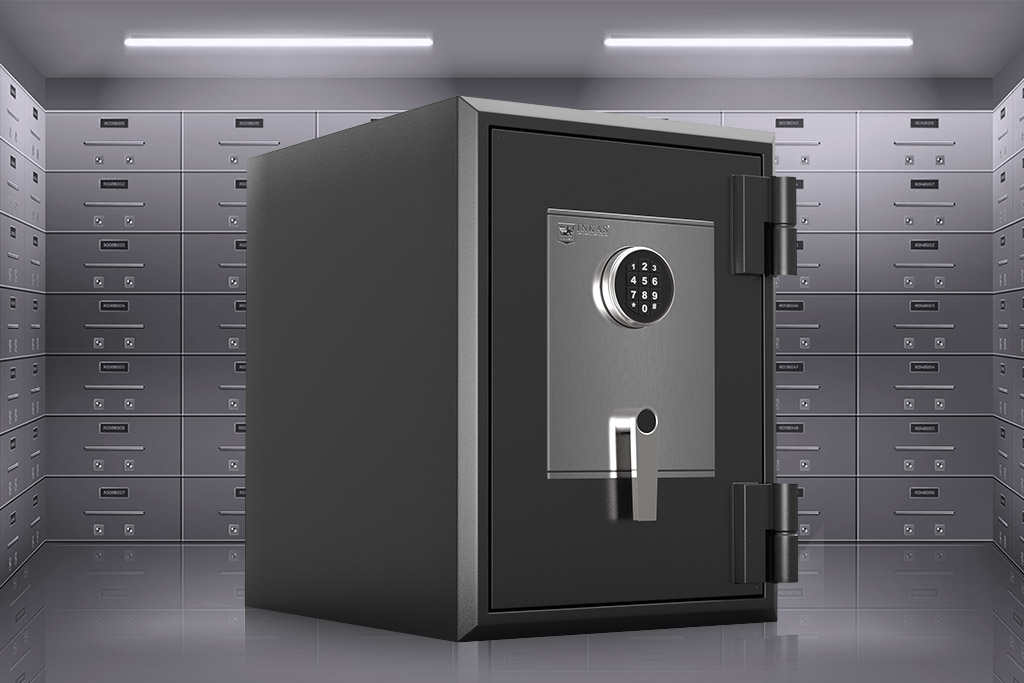
Safe Deposit Boxes: What Role do they Play in Your Estate Panning?
SullivanLaw estate clients know how we feel about safe deposit box and Wills. We recommend that clients review their succession plan every five years or so or when they acquire new responsibilities or their estate otherwise changes significantly. To do that, they should pull out their COPY of the Will and make what notes they want BUT NOT ON THE COPY.
Where’s the copy to review? Likely among their important papers – deeds, marriage certificates, perhaps domestic contracts … which could be in their bank’s safe deposit box.
Where is the original Will? We certainly hope it is not where those important papers are.
Why? Because when your estate trustee needs the original, if it is in the safe deposit box, it might stay there for a long time.
Access to one’s safe deposit box is restricted to the owner without convincing evidence that it should also be available to a third party – the estate trustee in this case. Proof of death and a legal entitlement to access will have to be demonstrated. Probate is the best way to show legal entitlement to access the safe deposit box, but the estate trustee needs the original Will to obtain probate. See the problem?
A testator has a few considerations before storing a Will: it should be in a secure location; it should be fireproof and waterproof; it should be accessible. A safe deposit box fails this third consideration.
So where should it be stored?
With the Lawyer.
- Some estate lawyers are pleased to offer storage, as does SullivanLaw.
- Storage is sometimes with the law firm in a secure location or a third-party Will storage company stores lawyers’ Wills.
- If the lawyer retires, moves or passes away, sometimes it can be difficult to find the Will. SullivanLaw registers its stored Wills with WillCheck to avoid the expense of advertising for a Will in the event its lawyer moves on to … other places.
- Still, keep in touch with your lawyer. Let the lawyer know when you move, and let your estate trustee and alternates know where the Will is.
Home Safe
- Make sure the safe is waterproof and fireproof. Still, in the event of a house fire, good safes can be a hazard.
- Unauthorized access or theft of the safe is a risk.
Court Storage
- The Estates Act allows a testator to deposit a Will with the Court for safekeeping.
- Others can deposit your Will with the Court, but your lawyer cannot without your explicit instructions.
- This solution is not convenient if the testator plans to change the Will, or amends it with a codicil.
In Summary
Ensure your estate trustee and alternates know where they can access the original Will. Update your Will when new responsibilities arise or if relationships change. Safe deposit boxes are great for jewelry, passports and other important papers, but not so great for your original Will.
